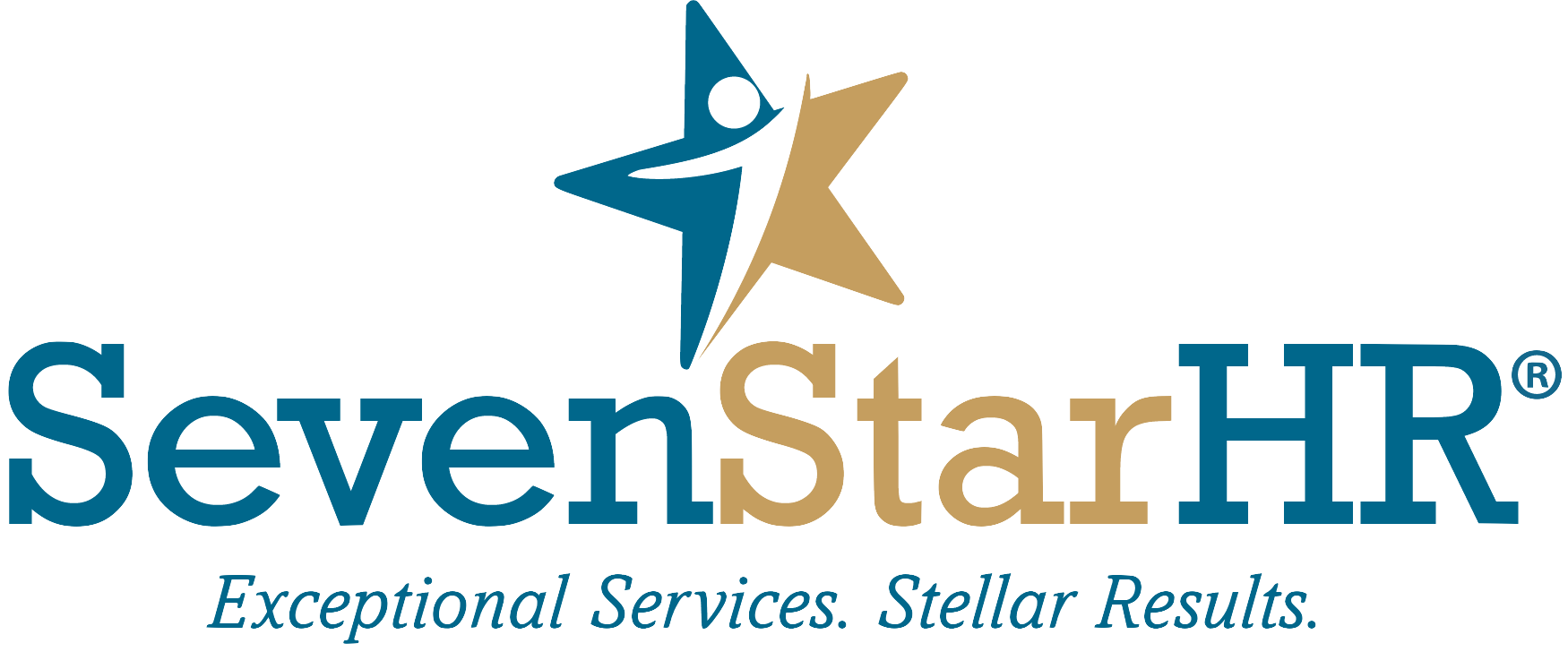New York's "Freelance Isn't Free" Act: What Employers Need to Know
The landscape for freelance work in New York is evolving, thanks to the recent passage of the "Freelance Isn't Free" Act. This legislation, signed into law by Governor Kathy Hochul almost half a year ago, promises significant changes in how contracts are structured and safeguarded.
Set to kick in from May 20, 2024, this law offers expanded protections and recourse for freelance workers. It's a game-changer for small business owners who hire independent contractors.
Who's Covered and What's Required?
This act applies to the interaction between a "hiring party" and a "freelance worker" hired for services worth $800 or more. Understanding these definitions is crucial. A hiring party refers to any person, excluding specific governmental entities, while a freelance worker pertains to an independent contractor providing services amounting to $800 or more. Notably, the term "independent contractor" remains undefined within the law.
The $800 threshold encompasses individual contracts or a sum of contracts between the same parties within a 120-day period. Certain exclusions, such as sales representatives, legal practitioners, licensed medical professionals, and construction contractors, highlight the act's scope.
When engaging a freelance worker, a written contract is mandatory. This contract must contain specific elements: both parties' details, service specifics, compensation details, payment timelines, and procedures for service submission. If a payment timeline is not specified in the contract, then payment must be made within 30 days. A copy of the contract must be provided to the freelance worker, and the document must be retained by the hiring party for 6 years.
Ensuring Compliance and Prohibiting Retaliation
Once work commences under the contract, the agreed-upon compensation cannot be altered by the hiring party. Additionally, retaliation against freelance workers for exercising their rights under this act is strictly prohibited.
While the act mandates providing the contract in hard copy or electronically, it doesn't specify the primary language for the freelance worker. However, the Commissioner of Labor will offer model contracts in English and the twelve most commonly spoken languages in New York, facilitating better understanding for all parties involved.
Recourse and Remedies
Any freelance worker can file a complaint with the New York Commissioner of Labor for violations. The Commissioner holds the authority to investigate and resolve disputes and can consolidate multiple claims against the same hiring party into a single action.
In legal proceedings, successful plaintiffs may receive statutory damages equivalent to the contract's value for the violation. Furthermore, if there's evidence of a hiring party engaging in a pattern of violations, the Attorney General can initiate a civil action on behalf of New York State.
Final Thoughts
For small business owners engaging freelance workers, understanding the nuances of the "Freelance Isn't Free" Act is pivotal. It's not just about compliance; it's about fostering fair and transparent relationships that benefit both parties.
As the law gears up for implementation, it's prudent for businesses to review and update their contracts, ensuring they align with the stipulations outlined in the act. Being proactive in understanding and integrating these requirements will not only safeguard against potential legal repercussions but also foster a culture of respect and equity in freelance engagements.

